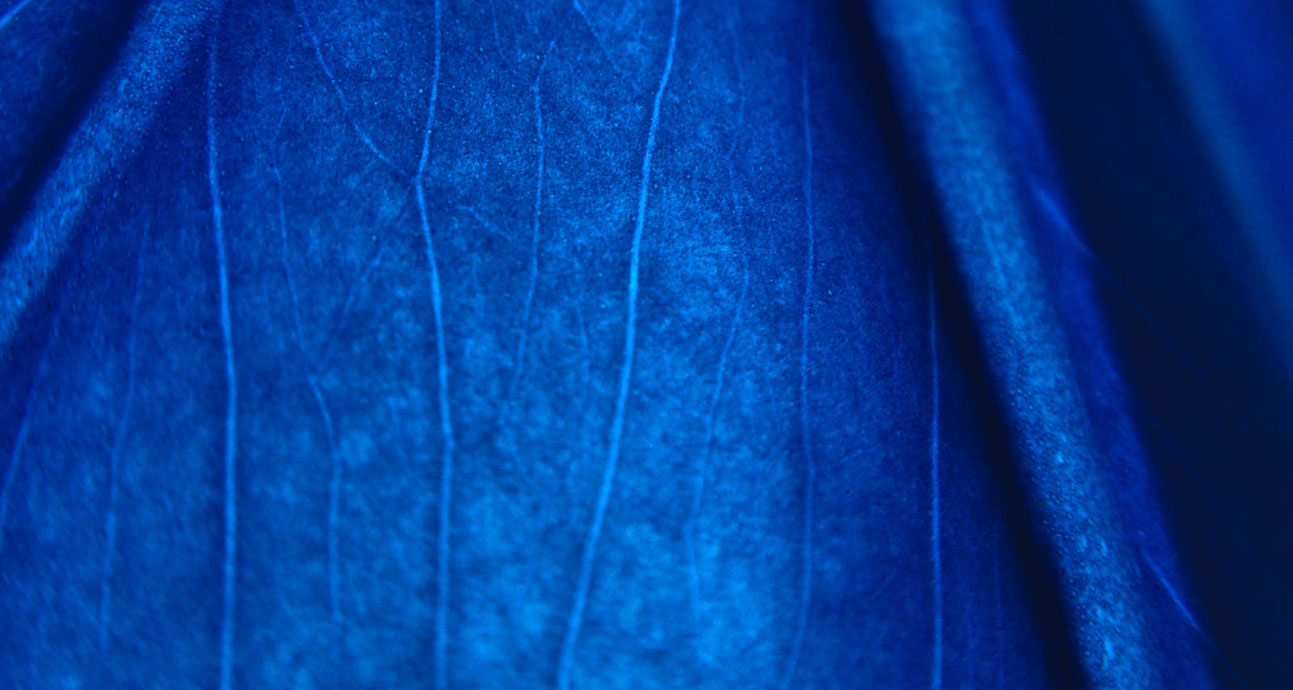S/S22 Denim: consolidated sustainability The - Denim Première Vision

Hemps and linens
Irregularities are appreciated, treasured and prized in a spirit of positive instability. Linen and hemp blends are on the rise in the product offer. These natural fibers are chosen for their subtly rough and uneven look, and their technical and eco-friendly qualities. Both plants need very little water to grow, unlike cotton, and both vaunt antibacterial properties. Hemp produces a very resistant fiber, while linen is imbued with heat-regulating properties and is also hypoallergenic. These fibers make it possible to combine sustainability with a feeling of well-being and peacefulness, and blends are seen in fabrics as well as in accessories for labels.
Exhibitors: ENVOY TEXTILES, DENIM CLOTHING COMPANY, KIPAS DENIM, INDIGO TEXTILE, RIBBONTEX, RIBBONTEX.
Irregulars
A search for personality drives weavers to seek ever more sophisticated yarn qualities, and create softly tactile surfaces featuring a mix of fiber lengths and finely designed slubs. Each component is caringly selected on the basis of its own special characteristics, so that each fiber requires as little processing as possible, to make the most of its primary assets. Cotton motes are also brought to the fore, producing uneven, cheerfully flecked effects. In accessories, these irregular effects are produced through scraped or gently sanded colors and dyes free of chemical additives.
Exhibitors: PROSPERITY TEXTILE, INDIGO TEXTILE, BOSSA, M&J GROUP, KT TRIMS & ACCESSORIES, KT TRIMS & ACCESSORIES.
Bio-sourced
Compositions feature blends with bio-sourced fibers, which this season infuse products with soft, supple and relaxed handles. Blends with nettle provide longer, supple, silky and strong fibers. Kapok fiber is used to attain a softer handle, a lighter feel and natural waterproofing, thus avoiding the need for additional finishing treatments. Both are highly insulating fibers, perfect for a summer sheltered from the heat.
Thanks to its almost silk-like visual and tactile advantages, soy fiber is an eco-friendly alternative for this particularly seductive season. Bio-polymers made from corn, beet and sugar cane are also potential solutions to help anticipate a product’s biodegradability. Bio-sourced materials are starting to emerge as real alternatives to recycled and organic fibers.
Exhibitors: KIPAS DENIM, PROSPERITY TEXTILE, SHARABATI DENIM, ADVANCE DENIM.
Eco-responsible
Organic and recycled materials are of course still very much in evidence this season, and the majority of the cottons used by our exhibitors are either certified, recycled or organic. We are seeing an overall sophistication of eco-friendly products, and the percentage of eco-friendly fibers in compositions is increasing. Elastane is less popular this season, with more natural alternatives coming into play to compensate for its comfort, including recycled versions and materials with more flexible, less constricting behaviors. Production methods continue to play a key role in manufacturing, to ensure that a product is sustainable from the planting of its fiber to its end-of-life. Companies are favoring circular economies to make it easier to control their water and energy consumption, monitor their use of chemicals and treat waste and wastewater. Ozone and laser finishing remain reliable values, while the season favors light and controlled wash-outs that shy from excess.
Exhibitors: BERTO INDUSTRIA TESSILE – MANIFATTURA 1887, M&J GROUP, REALTEKS TEKSTIL, MARITAS DENIM.
